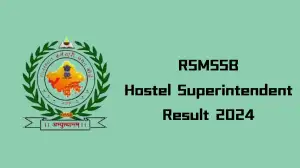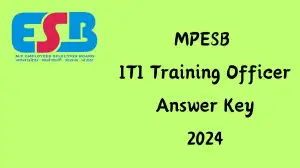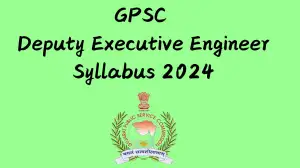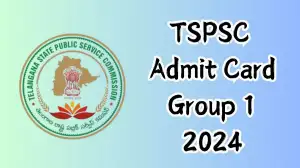TNPSC Group 4 Syllabus 2024 Check the Exam Pattern, Pass Marks, and More
by V Gomala | Updated May 28, 2024
TNPSC Group 4 Syllabus 2024
The Tamil Nadu Public Service Commission (TNPSC) has posted the Group 4 exam syllabus and pattern on their official website. Candidates should review the new syllabus and create a study plan for each section of the exam. The TNPSC Group 4 exam includes three parts: the Tamil Eligibility-cum-Scoring Test, General Studies, and the Aptitude and Mental Ability Test.
In this article, we have provided the TNPSC Group 4 syllabus for 2024, along with the exam pattern, preparation tips, and recommended books to help candidates prepare.
General Science
Subject |
Topics |
| General Science |
|
Current Affairs and General Awareness
Subject |
Topics |
| History |
|
| Current Events |
|
| Indian Polity |
|
| Geography |
|
| Economics |
|
| Indian National Movement |
|
| Development Administration in Tamil Nadu |
|
| History, Culture, Heritage, and Socio-Political Movements of TN |
|
Aptitude Exam
Sections |
Topics |
| Aptitude and Mental Ability exam |
|
Exam Pattern
Here is the TNPSC Group 4 2024 exam pattern,
Exam Type |
Subjects |
No. of Questions |
Marks |
Minimum Qualifying Marks |
| Objective Type | Part A: Tamil Eligibility-cum-Scoring exam | 100 | 150 | 90 (For all communities) |
| Part B: General Studies | 75 | 150 | ||
| Aptitude and Mental Ability exam | 25 | |||
| Total | 200 | 300 | ||
Pass Marks
According to the official notice, if candidates do not score at least 40% (which is 60 marks) in Part-A of the answer sheet, Part-B will not be graded. The total marks from both Part-A and Part-B will be used to determine the candidate's ranking.



